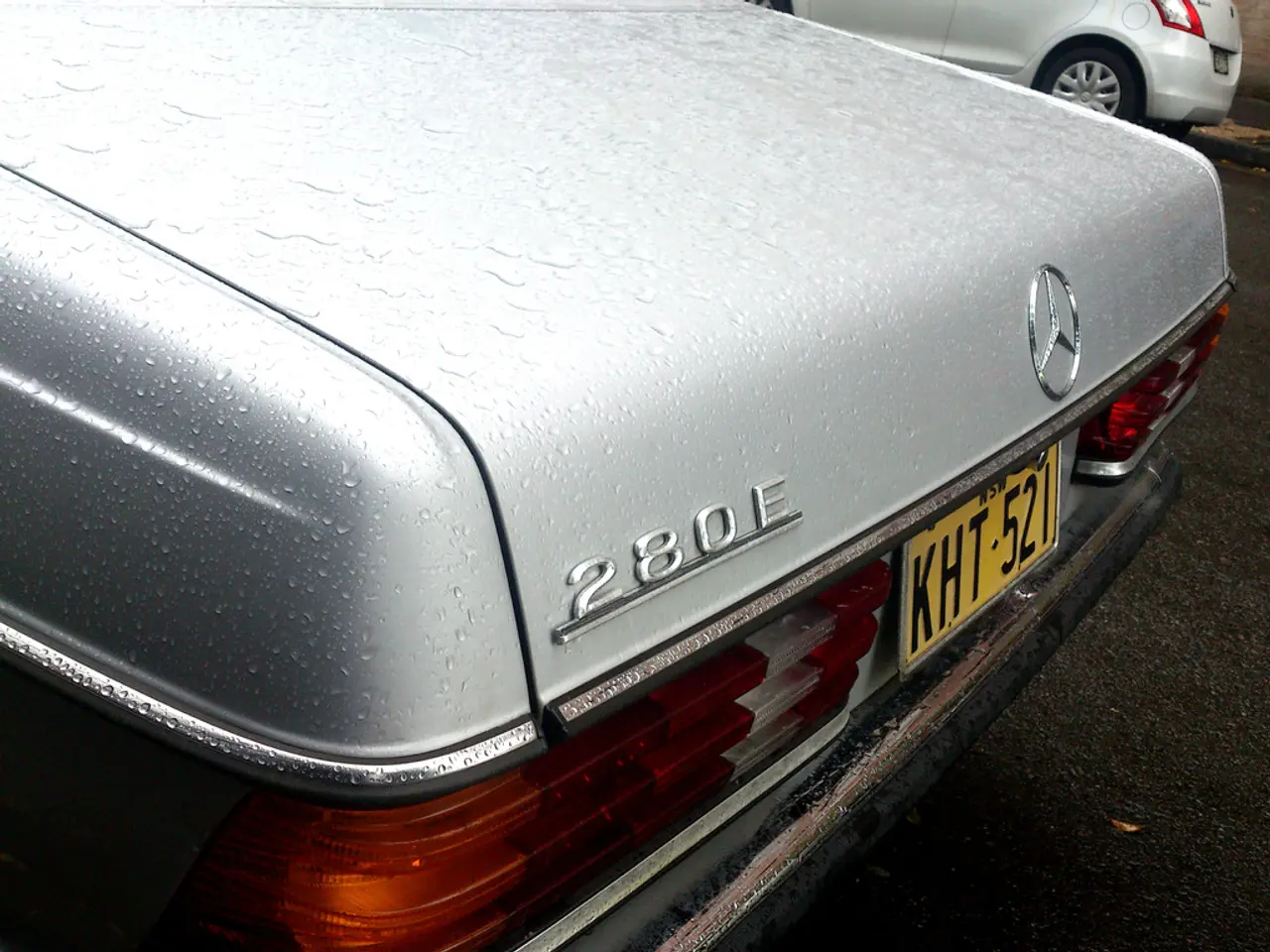Tesla Leads Monthly Imported Car Sales in South Korea Again
Tesla Reclaims Top Spot in South Korea's Imported Car Market
In a notable shift for South Korea's automotive landscape, Tesla has reclaimed the top spot in the imported car market in July 2021. The electric vehicle (EV) giant delivered 7,357 vehicles, securing approximately 27% market share in the imported car segment [1][2].
The Tesla Model Y, with 6,559 units sold, was the best-selling model of the month [1]. This success can be attributed to a combination of factors, including a timely product refresh, effective supply deployment, and strong market positioning.
The introduction of the refreshed Model Y ("Juniper" configuration) coincided with peak consumer interest, driving strong demand in a market that is increasingly favouring EVs [2]. Tesla's strategic supply management enabled them to meet high demand efficiently, even in a market known for its volatility and competitive nature [2].
The growth in EV adoption in South Korea played a significant role in Tesla's success. In 2021, the EV market was expanding, supported by new model launches, government policies to encourage EV adoption, and growing consumer interest in sustainable vehicle options [3].
Tesla surpassed premium European brands like Mercedes-Benz and BMW, whose sales in the imported segment were lower in comparison during that period [1]. BMW sold 6,490 units in July, coming in second place, while Mercedes-Benz ranked third with 4,472 units sold [1].
The growth in imported car sales was not limited to Tesla. A total of 27,090 imported passenger cars were newly registered in South Korea in July, marking a 23.3% increase from the previous year [1]. This trend is reflected in the first half of 2021, where imported car sales increased by 9.9%, totaling 138,120 units [1].
The growth in imported car sales can be traced back to the 1990s, with annual registrations surging 38-fold over the past three decades. In 2020, imported brands made up 18.3% of South Korea's passenger vehicle market, a significant increase from just 0.6% in 1995 [1].
KAIDA, the Korea Automobile Importers & Distributors Association, represents 23 companies in South Korea's imported car market, with vehicles now sold under 30 different brands [1]. In March 2021, Chinese EV maker BYD Co. joined KAIDA to expand its presence in South Korea's market [1].
This growth in imported car sales is a testament to the diverse and differentiated options that brands like Tesla offer to Korean customers, as stated by KAIDA Vice Chairman Jung Yoon-young [1]. As the EV market continues to evolve, it will be interesting to see how the landscape of South Korea's automotive industry unfolds.
[1] BusinessKorea, (2021). Tesla reclaims top spot in South Korea's imported car market. Retrieved from https://www.businesskorea.co.kr/news/articleView.html?idxno=58952
[2] Electrek, (2021). Tesla Model Y sales in South Korea surge to 6,559 units in July. Retrieved from https://electrek.co/2021/08/06/tesla-model-y-sales-in-south-korea-surge-to-6559-units-in-july/
[3] Yonhap News Agency, (2021). South Korea's electric vehicle market expanding, driven by new model launches, gov't policies. Retrieved from https://en.yna.co.kr/view/AEN20210721006300325
- The success of Tesla in South Korea's imported car market is attributed to a mix of factors such as timely product refreshes, effective supply deployment, and strong market positioning.
- Tesla's growth in South Korea's automotive market is not only due to its electric vehicles but also because of the expanding EV market, new model launches, government policies encouraging EV adoption, and increasing consumer interest in sustainable options.
- Amidst this growth, traditional premium European brands like Mercedes-Benz and BMW struggled to keep up with Tesla's sales figures in the imported car segment in July 2021.
- KAIDA, representing various imported car brands in South Korea, stated that the growth in imported car sales is due to the diverse and differentiated options these brands offer to Korean customers, reflecting the evolving landscape of South Korea's automotive industry, particularly in the electric vehicle sector.




